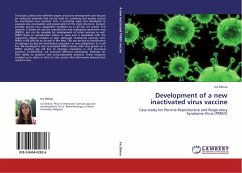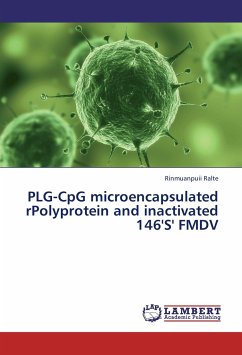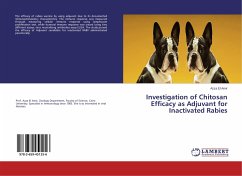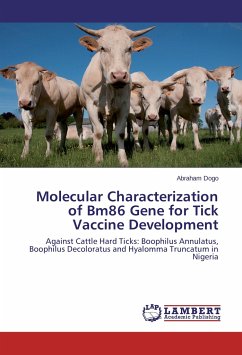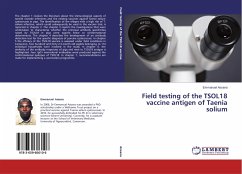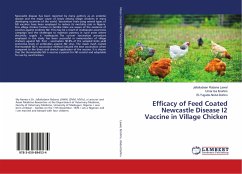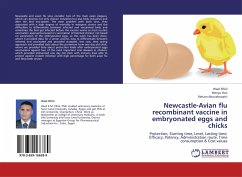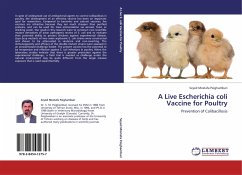This book outlines the different stages of vaccine development and focuses on molecular methods that can be used for screening and quality control for inactivated virus vaccines. First, a screening assay was developed to evaluate virus inactivation and preservation of the virion structure. Second, possible vaccine virus adaptation problems to a cell line are solved. This research is based on porcine reproductive and respiratory syndrome virus (PRRSV), but can be valuable for development of other vaccines as well.PRRSV leads to reproduction failure in sows and is associated with the respiratory disease complex in pigs. Although commercial vaccines exist, PRRSV is still difficult to control in the field. This can be due to modification of epitopes during the inactivation procedure or virus adaptation to a cell line.We developed a new inactivated PRRSV vaccine with virus grown on a PRRSV sensitive pig cell line to minimize mutations in viral structural proteins. Furthermore, we screened different inactivation methods for their ability to preserve viral entry-associated domains. These measures enabled us to select in vitro for the vaccine that afterwards showed best results in vivo.
